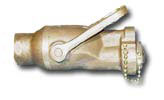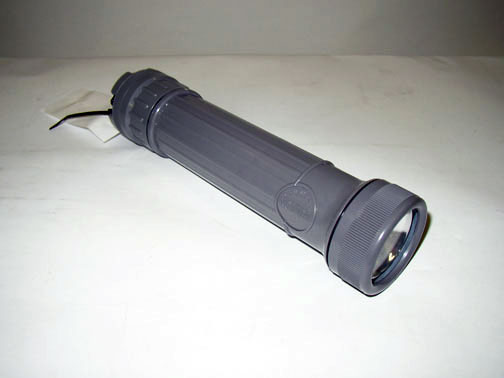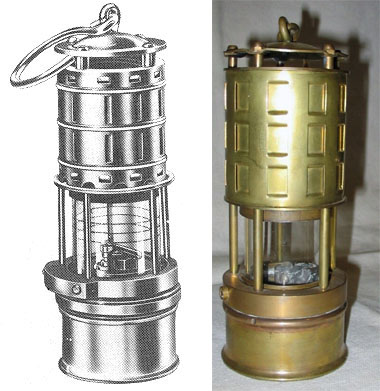| Small plate patches were used for temporary repairs. The
patch was 12 to 18 inches with a hole drilled in the center. A
2-inch manila line was passed through the hole and knotted. This
handling line was then attached to a stanchion or other secure
stable structure topside. A Sailor stood by in the damaged
compartment below with a “J” or boat hook, which was used to
pull the line and patch into position. The line was then tied
off and used to secure the patch when it was installed. In the
flooded compartment, the handling line was attached and wrapped
around a stanchion or other secure stable structure. A Spanish
windless was then fabricated, with a small pipe or wooden stick
inserted in the lines and turned several times to tighten the
line. Once tightened, the pipe or stick was secured with a small
½-inch line to prevent it from spinning out of position. This
procedure created tension on the line, holding the plate patch
in place from the inside. A DC or ME 1 was in charge of small
plate patch repairs, with four to five personnel required to rig
and install the patch. This team was usually from repairs 1 or 3
and the unit lockers and consisted of one boatswain’s mate for
rigging, two or three damage controlmen or carpenters’ mates,
and one metalsmith. |



